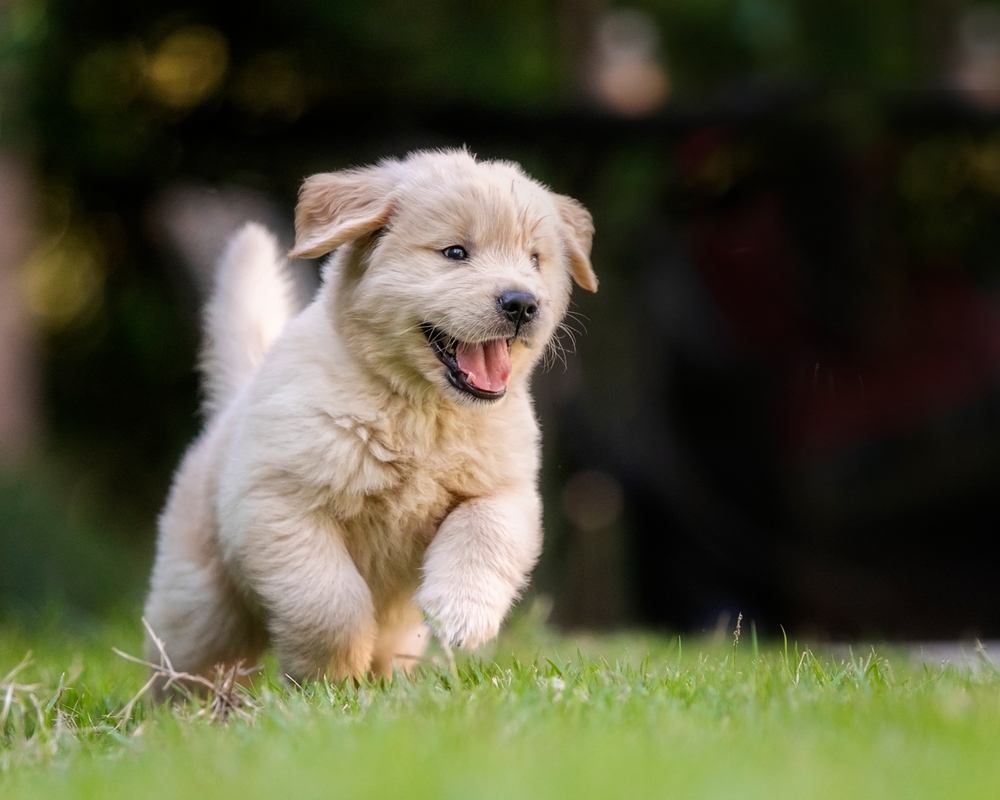Discover the world of Adorable Puppies! From playful antics to essential training tips, learn how to care for, nurture, and enjoy these lovable companions.
Understanding the World of Adorable Puppies

Puppies are universally adored for their charming looks and playful nature. They bring joy to countless homes as lively companions. But beneath their irresistible cuteness lies an intricate world of behavior, development, and care. Let’s delve deeper into what makes these little creatures special.
The Early Days
Puppies spend their first months in a whirlwind of growth and learning. Newborn puppies are blind, deaf, and completely dependent on their mothers. They rely heavily on her for warmth and nourishment. Within a couple of weeks, their eyes and ears open. They begin to explore the world with heightened curiosity.
The first eight weeks are crucial for socialization. This period is when they learn essential skills from their mother and littermates. Play-fighting, barking, and nibbling on each other teach them limits and boundaries. It’s important for puppies to remain with their litter during this time to ensure proper social development.
Jumping into the New World
When puppies are about two months old, many are ready to join new families. This transition can be nerve-wracking for them. They depend on their new human families to provide affection and stability. Adopting a puppy requires preparation. Puppy-proofing your home, securing hazards, and having basic supplies are crucial first steps.
The first few nights in a new home may be challenging. Puppies often miss their littermates and mother. A comforting item like a familiar blanket or toy can mitigate anxiety. Consistency in feeding and toilet training routines helps them settle in.
Nutrition and Health

A puppy’s diet is vital for growth and energy. High-quality puppy food rich in protein supports their rapid development. Puppies need smaller, more frequent meals than adult dogs. The exact amount and frequency depend on their breed and size. Consult with veterinarians to ensure a balanced diet. Fresh water should always be available.
Veterinary check-ups are critical in the early months. Vaccinations protect against serious diseases like distemper and parvovirus. Puppies also require regular worming treatments and flea prevention. Regular vet visits establish a baseline of health and catch potential issues early.
Training and Behavior
Puppies are like sponges, eager to soak up new experiences. This makes early training both effective and essential. Positive reinforcement methods work best. Consistent commands, rewards, and praise help them learn what’s expected.
Basic commands like sit, stay, and come provide a foundation for more advanced training. House training is often the first major hurdle for new puppy owners. Patience and consistency are key. Establish a regular routine for bathroom breaks. Reward them immediately after successful trips outside.
The Importance of Socialization
Introducing puppies to various environments, people, and other animals is vital. Proper socialization prevents behavioral issues later in life. Activities like puppy classes offer structured interactions in a controlled setting.
Exposure to different experiences helps build confidence. Socializing with other friendly dogs teaches appropriate play behavior. Meeting new people helps them become comfortable in varied social situations.
Recognizing Different Breeds
Puppies come in endless shapes, sizes, and temperaments. Different breeds have distinct traits. Labrador Retrievers, for instance, are known for their friendly demeanor and intelligence. Bulldogs often charm with their unique appearance and calmness.
Understanding breed characteristics can aid in selecting a puppy that fits your lifestyle. Active families might enjoy the playful nature of a Border Collie. Those seeking a lapdog might gravitate towards smaller breeds like a Cavalier King Charles Spaniel.
Each breed has specific exercise and grooming needs. High-energy breeds benefit from regular physical activities. Long-haired breeds require frequent brushing to prevent matting.
Handling Common Challenges
Raising a puppy isn’t without its hurdles. Teething leads to incessant chewing. Providing plenty of chew toys helps save furniture and shoes. Redirect unwanted chewing behavior with positive reinforcement.
Puppy biting is normal but can become problematic if not addressed. Firm, consistent commands teach them bite inhibition. Providing plenty of appropriate outlets for their energy helps curb nipping and rough play.
Separation anxiety can develop if puppies become overly dependent. Gradually getting them used to being alone prevents clingy behavior. Start with short departures and increase the duration over time.
Caring for a Puppy as They Grow
As puppies mature, their needs evolve. Transitioning to adult dog food ensures they receive appropriate nutrition. Veterinary care continues with regular health check-ups and vaccinations.
Ongoing training and socialization reinforce good behavior. Engaging activities and mental stimulation keep them curious and active. Puzzle toys and interactive games challenge their minds, preventing boredom.
The Joys of Puppyhood
The puppy phase, though demanding, is filled with unforgettable moments. Witnessing them discover the world is rewarding. They offer countless opportunities for laughter and affection.
Building a strong bond with your puppy enriches both of your lives. Their unconditional love and loyalty make them cherished members of any family.
